The Chippewa Valley Book Festival came back for their 22nd year
Authors attended from all around the world for this six-day event
More stories from Reonna Huettner
Photo by Reonna Huettner
Kate Moore read a sample from her recent book, “The Women They Could Not Silence” on Oct. 28
The Chippewa Valley Book Festival kicked off on Oct. 24 for a six-day event full of features hosted at the Pablo Center in Eau Claire to celebrate books and authors through book signings, school visits and programs for writers of all ages.
The free event welcomed the world as they offered in-person and online events to highlight a diverse group of 13 authors including, Brain Freeman, Dasha Kelly Hamilton, Madeline Miller, Kate Moore, Lila Quintero Weaver and Kao Kalia Yang.
The festival was started in 1999 under the sponsorship of the Literary Arts Committee of the Eau Claire Regional Arts Council and has grown and changed since then with the same mission in mind.
According to the festival’s website, its mission is “to encourage reading, writing, and engagement.”
Through the help of partnerships — one being the UW-Eau Claire Foundation — they can continue celebrating literature by bringing authors and readers together.
To find more information on the festival and updates for next year’s event, visit their website here.
Recordings of this year’s virtual events are going to be made available online for viewing soon. Follow the festival on Facebook and Instagram, or join their mailing list for updates on when they’ll be posted.
Q&A event with Kate Moore
On Oct. 28, Kate Moore — a New York Times and the USA Today bestselling author — joined the festival from her home in London to debut her recent work “The Women They Could Not Silence.”
This historical non-fiction narrative takes readers on a trip through Elizbeth Packard’s life, as she was sent away to an asylum by her husband back in the 1860s. It was because of her “intellect, independence and willingness to stifle her thoughts,” Moore wrote.
During the event, Moore said all of the times, dates, places and even the dialog came directly from historic records that she spent years researching.
Sara Meek, an audience member, asked, “What got you interested in telling Packard’s story, and how long did the research part of the book take you?”
Moore said during her time of searching, she was looking for a strong female to take the narrative of and to write something that had a powerful, happy ending. She said she knew this was the book she had to write.
“It does take several years. I first read Elizabeth Packard’s name in a presentation back on January 15, 2018, and (then) delivered my draft on March 4, 2020,” Moore said and she released the book on June 22, 2021.
An event coordinator asked, “What can we learn from Elizabeth’s struggle to apply to current injustice social issues?”
To which Moore said, Packard’s tenacity and practicalness — as she worked for immediate change for the women of her time, rather than changing something she won’t live to carry out and see.
“I am a storyteller, (and) wanted to write a story to shine a light on all of these issues,” Moore said. So, with her goal in mind, Elizabeth Packard became her muse.
For more information on the book or about Kate Moore, visit her website here.
Huettner can be reached at [email protected].

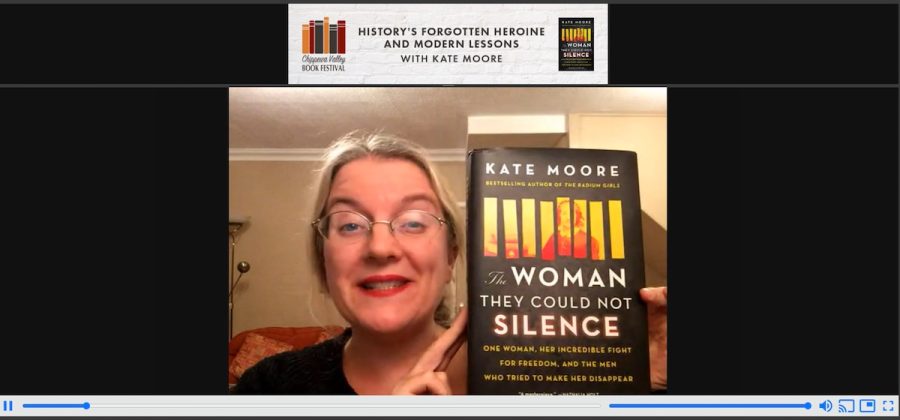

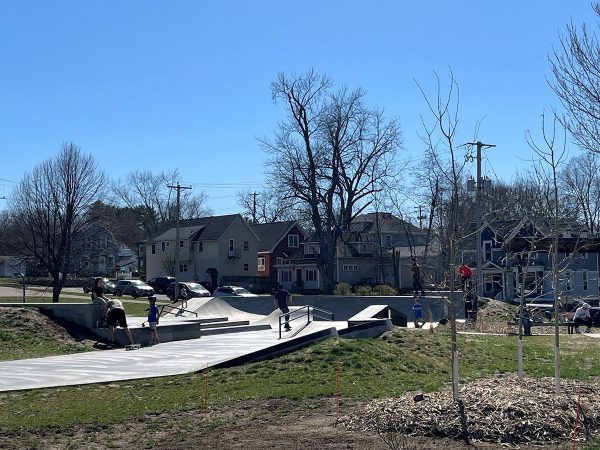


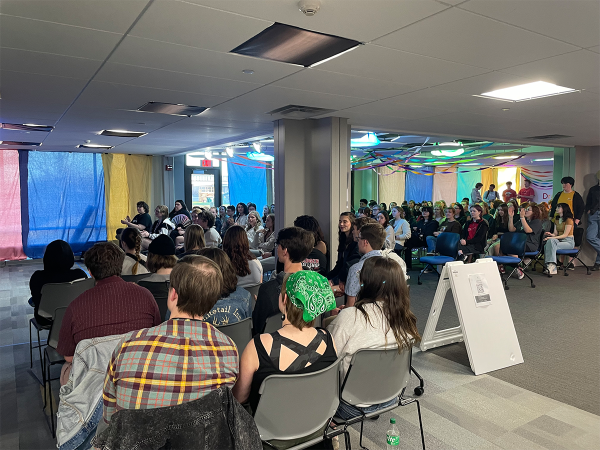

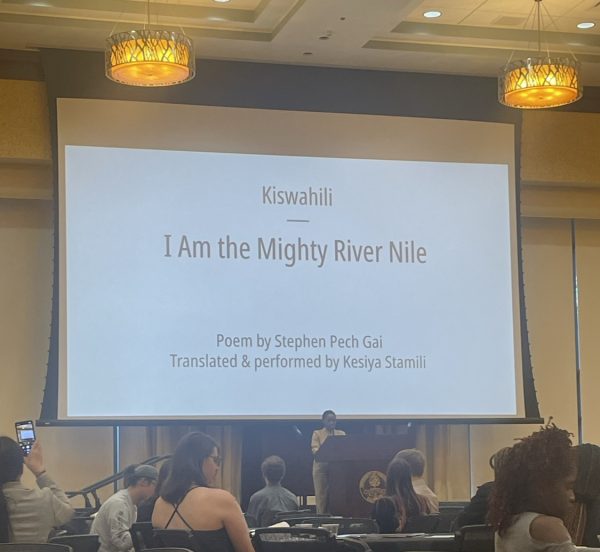
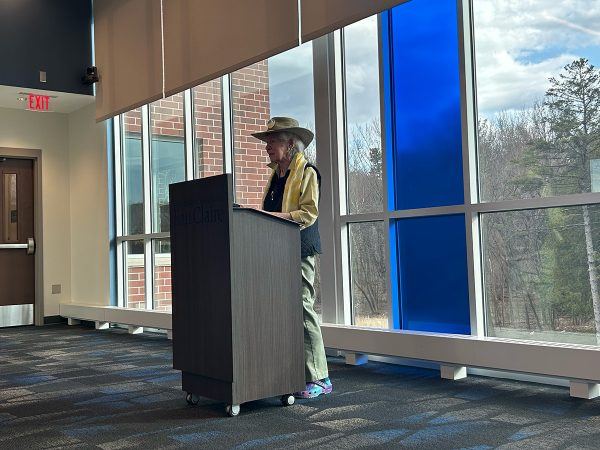
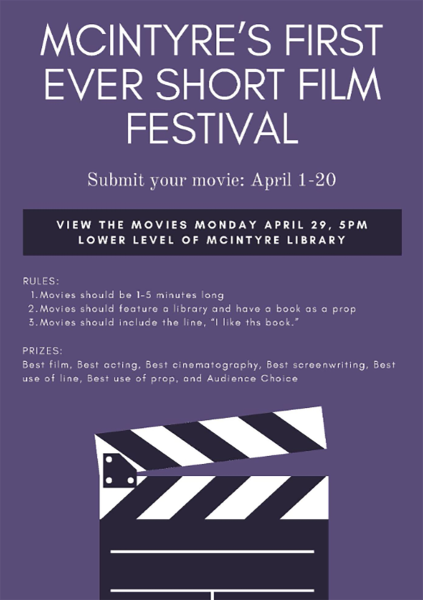
soundos • Nov 2, 2021 at 5:17 am
very informative blog, thanks.